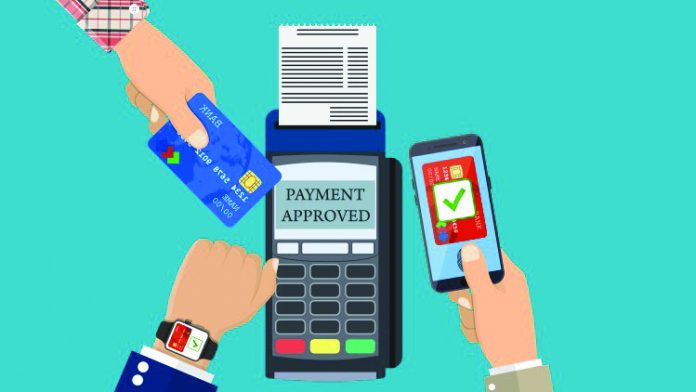
BANGKO Sentral ng Pilipinas (BSP) Governor Benjamin Diokno said he is optimistic about the further expansion of electronic payments in the country after consumers saw their benefits during the lockdown due to the coronavirus disease 2019 (COVID-19) health crisis.
Diokno said authorities consider as a success the rise in e-payments during the enhanced community quarantine from mid-March to mid-May in Luzon and end-May in Metro Manila, among other areas, because of the expansion in the volume and value of transactions.
“This behavioral shift is easily accommodated because the policies, systems, and procedures were already set in place by the BSP and our supervised institutions in the past year,” he said.
Diokno was referring to, among others, the national retail payment system (NRPS), the e-money framework, information technology risk management, and consumer protection framework.
“We are confident that consumers, having experienced the convenience, speed, transparency of e-payments will continue to use these services,” he said.
Two real-time electronic payment systems have been established under the BSP’s NRPS program – InstaPay and PESONet.
InstaPay allows consumers to transfer funds up to P50,000 per transaction without limit daily while PESONet is a credit payment scheme for business-to-business and people-to-business transactions, such as crediting of salaries to employees’ accounts.
Earlier, the central bank said transactions that use the InstaPay platform registered a volume of about 8.86 million last April, up by about 509,151 percent compared to 1,740 when it was launched in April 2018.
PESONet transactions, in turn, totaled 1.08 million last April from about 330,000 when it went live in November 2017.
The BSP aims to increase the share of digital payments to about 50 percent of total transactions by 2023.
Diokno said the pandemic highlighted the importance of digital financial services, hence, the bid to increase digital literacy among Filipinos. (PNA)







